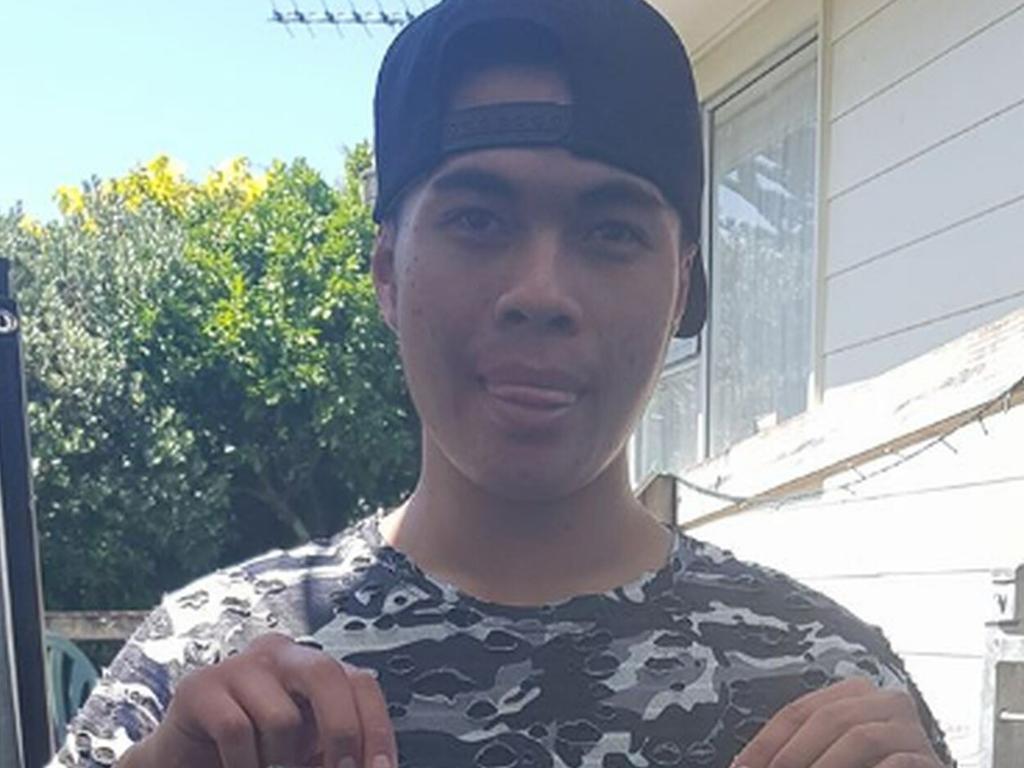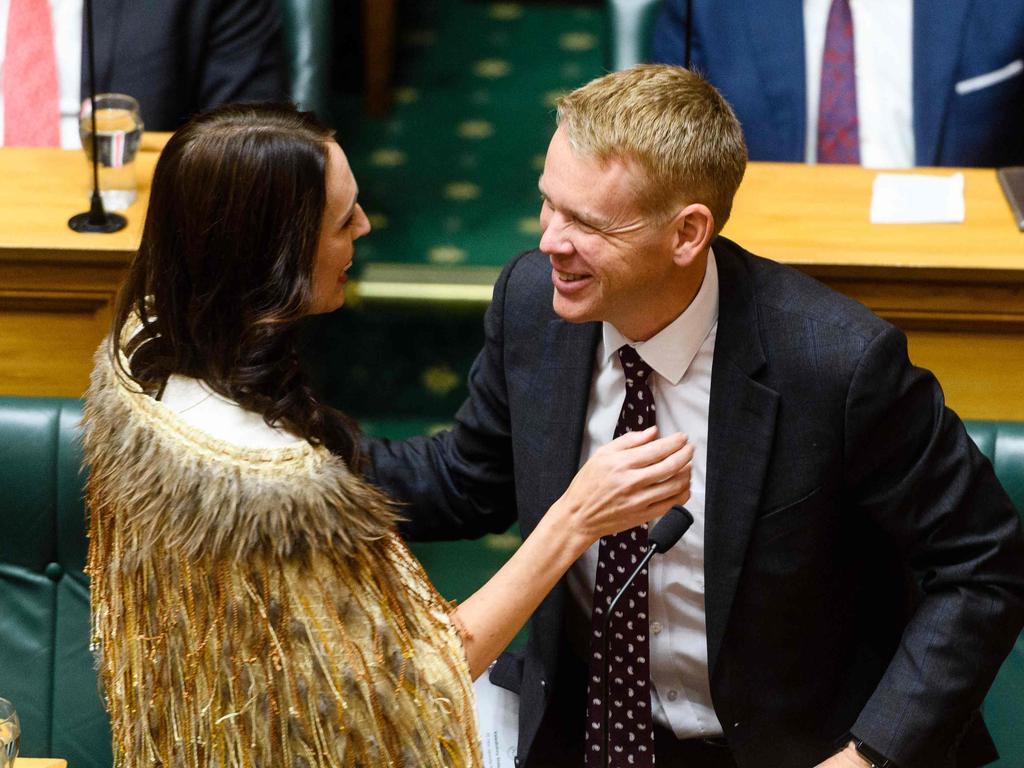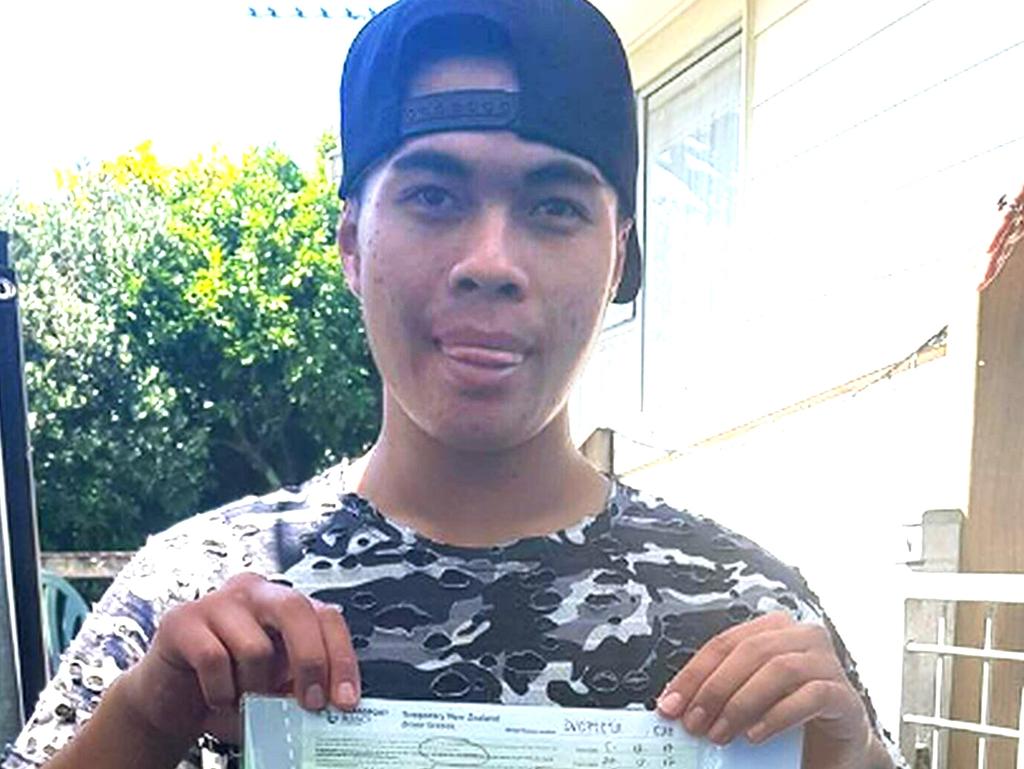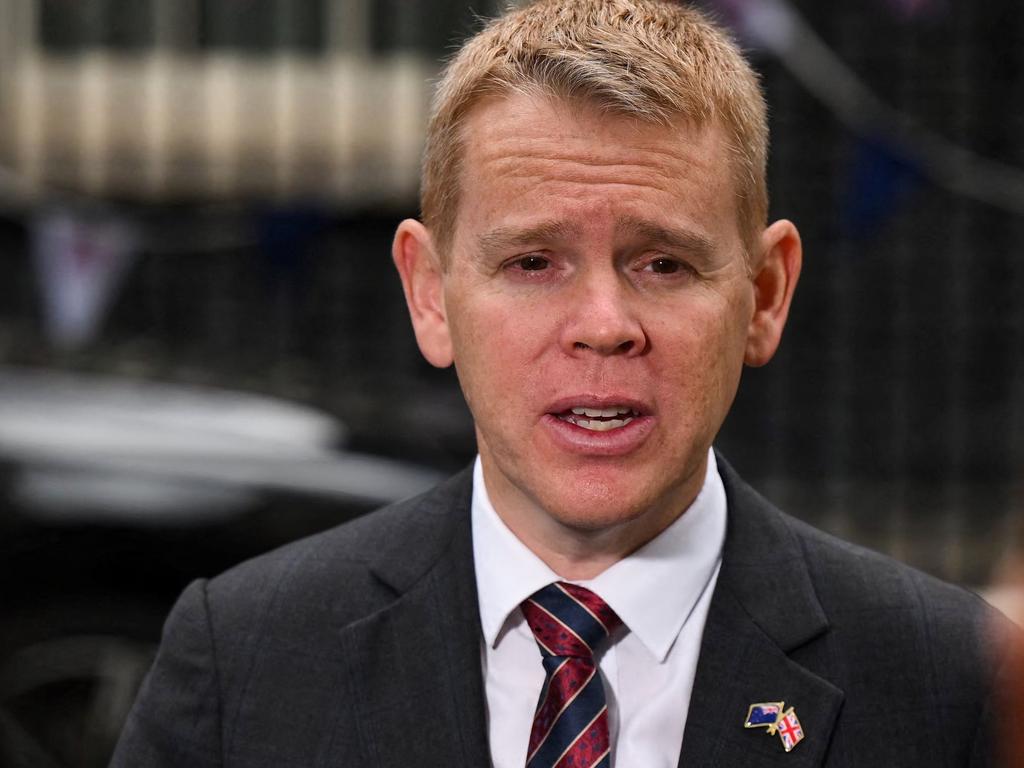Winter has come: Chris Hipkins’ honeymoon is well and truly over


After cyclone Gabrielle hit soon after, Hipkins took on another role that politicians often enjoy – that of a compassionate and engaged crisis manager.
The beginning of Hipkins’ tenure as Prime Minister could not have been any better. It resulted in a boost for the Labour party’s standing in the polls. Hipkins himself was significantly ahead of his opponent, Christopher Luxon, in the “preferred Prime Minister” category.
However, the public’s sentiment has changed like the seasons since those sunny days in February and March. For New Zealand and its Prime Minister, winter has come – and he has less than three months until this year’s election on 14 October to turn things around.
Public opinion in New Zealand has turned negative. According to a recent poll, only 22 per cent of New Zealanders say the country is going in the right direction while 64 per cent think it is going in the wrong direction. The level of net negative sentiment, at 42 per cent, is unprecedented since pollsters began asking this question.
There are many reasons for this sense of gloom. In fact, there is hardly any area of public policy that is not in crisis right now.
Most obviously, there is a cost-of-living crisis. Prices and interest rates have shot up dramatically. Not least, this is thanks to the gargantuan monetary stimulus during the pandemic. It is becoming increasingly clear that New Zealand’s loss of price stability is home-made rather than imported. Non-tradables are now driving inflation.
Unfortunately, even with inflation slowing down somewhat, the real pain is still to come for many Kiwis. That is because, unlike in Australia, where mortgages are more variable, in New Zealand rates typically get fixed for two or three years. So many New Zealand families will soon feel the pain as their mortgage rates climb from 2 or 3 to 6 or 7 per cent.

Then there is the crime wave that is concerning New Zealanders. While New Zealand has traditionally prided itself on its low crime rates, recent statistics paint a worrying picture.
In the last six months, New Zealand has experienced many ram raids. Police figures indicate at least 388 ram-raid-style events during this period, which ended in May. This equates to an average of more than two ram raids per day.
And yesterday, of course, Auckland was the scene of a shooting involving a convicted criminal on home detention, who committed his killing spree with a gun for which he did not hold a licence.
As violent crime rises, the government seems to be struggling to formulate an effective response. Having played down the issue for a long time, it is often accused of a ‘soft on crime’ approach.
Education is another policy area creating many negative headlines. Regular school attendance is shockingly low across the board, especially in New Zealand’s poorest communities. In Term 1 of 2023, over 40 per cent of students missed more than 10 per cent of their classes. Worryingly, 17 per cent of students missed at least 20 per cent of their school time.
Equally worrying were the results of a recent pilot of a new assessment of numeracy and literacy for senior secondary students. Only a third of students passed the writing standard, slightly more than half the numeracy standard, and two thirds the reading standard.
These standard were set to reflect a basic adult level of proficiency and are supposed to become a co-requisite for NCEA, New Zealand’s secondary school qualification.

The New Zealand health system is also showing signs of stress. Waiting list data from March 2023 shows that 34,257 people were waiting for elective surgery nationwide, with the numbers continuing to grow. There are also regular stories about patients waiting weeks or months for appointments with their GPs – or even to register with a GP’s practice.
Alongside these policy challenges, Hipkins is also wrestling with internal governmental turmoil.
This ordeal began with the indiscretions of Minister Stuart Nash, who was demoted and eventually dismissed for overstepping his boundaries by divulging confidential cabinet discussions. This was followed by Minister Meka Whaitiri’s surprise defection to the Māori Party, and Education Minister Jan Tinetti’s referral to Parliament’s Privileges Committee for misleading the house.
In another blow, Transport Minister Michael Wood failed to divest his shareholdings in Auckland Airport despite multiple reminders from the Cabinet Office, leading to his eventual dismissal.
To top it off, Hipkins had to quell rumours of a new wealth or capital gains tax plan being hatched in secret by Finance Minister Grant Robertson and Revenue Minister David Parker, contrary to the government’s official stance.

Chris Hipkins has only been Prime Minister for little more than half a year, but he has faced an enormous barrage of problems. Some of them can be attributed to the policy choices made by his predecessor (and indeed his own policy choices since he was a prominent minister in Ardern’s government).
But others such as the errant behaviour of his ministers can hardly be blamed on him. He has been badly let down by ministers who should have known better.
Regardless, Hipkins’ honeymoon is long over – and his prime ministership may soon be over as well.
Politics is all about narratives, and despite his smooth transition to power, Hipkins’ narrative now is that of a prime minister presiding over a disintegrating government that has lost control of key areas of policy.
Still, opinion polls remain tight. Remarkably tight, in fact, given nearly two in three New Zealanders believing their country is going in the wrong direction. A third term for Labour (albeit propped up by the Greens and the Māori Party) cannot be ruled out. Betting markets currently see a 1 in 3 chance of such an outcome.
There is only one certainty. Whoever may be Prime Minister after 14 October will inherit a deeply troubled nation.
Dr Oliver Hartwich is the Executive Director of The New Zealand Initiative
(www.nzinitiative.org.nz).







It was a perfectly executed transition from one Prime Minister to another. When Jacinda Ardern announced her resignation in January, it took the New Zealand Labour Party only a few days to anoint her successor, Chris Hipkins. Hipkins was quick to dump Ardern’s least popular policies, in order to present himself as a pragmatic politician concerned with the bread-and-butter issues voters really care about.